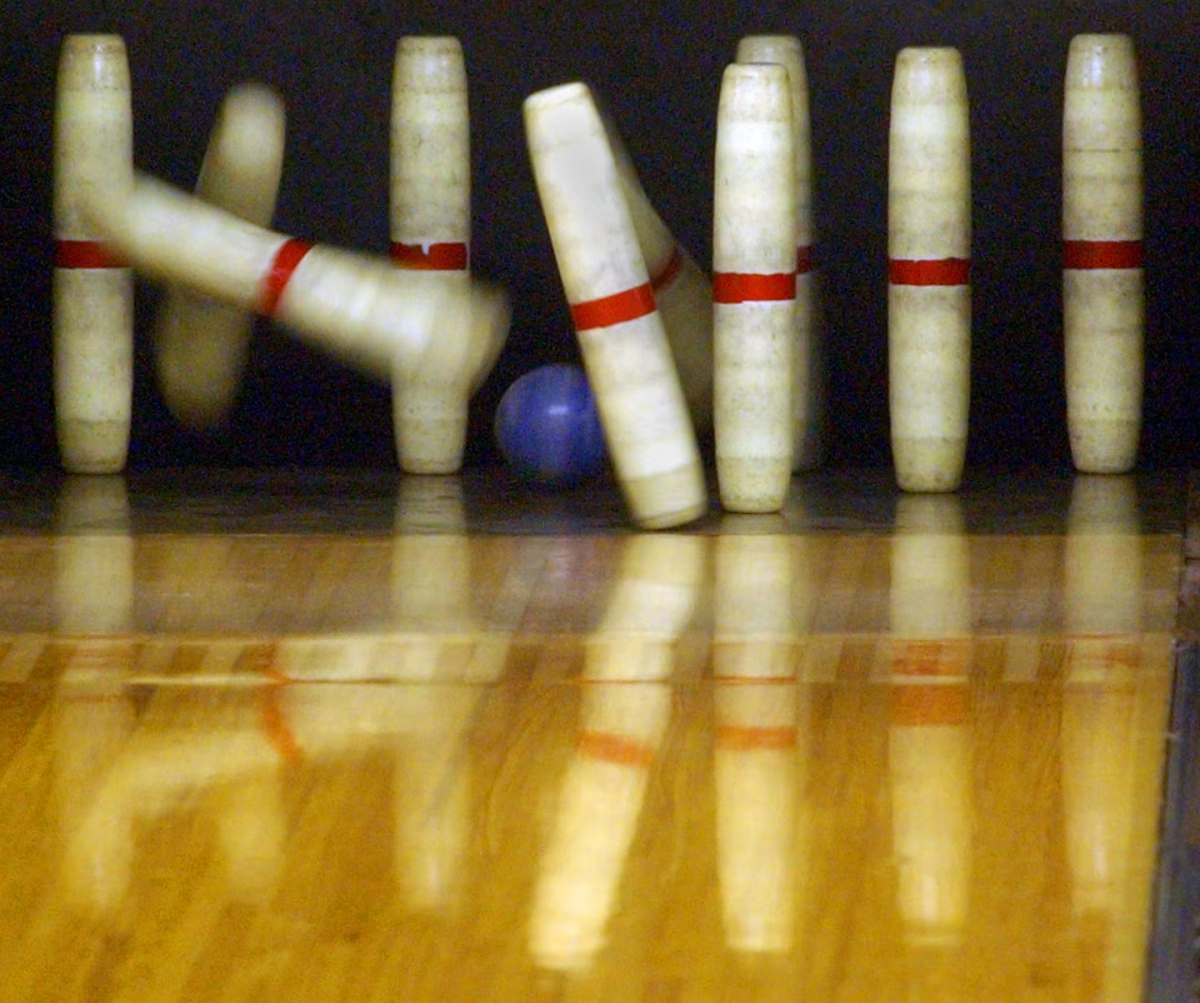
Ubisoft released “Assassin’s Creed Unity” as the latest entry in the franchise Tuesday for Xbox One, PlayStation 4 and PC. While the jump to next generation consoles shows in the game’s gorgeous aesthetics and complex co-op gameplay, it also sacrificed many of the improvements made in past games. However, “Unity” is still far from a bad game – it feels like a grand experiment that Ubisoft will improve on in later titles. In many ways it is a lot like the first “Assassin’s Creed,” in that its new ideas and gorgeous setting manage to overshadow its simple nature and gaping flaws.
The game takes place in late 18th century Paris during the French Revolution and is played from the perspective of Arno, the game’s charming, if stereotypical, protagonist. While the time period isn’t used to its full potential, Paris has a unique and memorable flavor that looks stunning and alive despite the muted color palette. Every visual aspect of the game is clean and beautiful, be it the lighting effects, the updated user interface or the buildings lining the Paris skyline.
Arno is a walking cliché of the French hero. Falsely imprisoned then rising to power to take revenge, his quick-witted dialogue and light attitude are the only attributes that differentiate him from the standard brooding white male protagonist. The supporting cast of characters are memorable, if short lived, with most of the focus being on Arnos’ love interest Elise. The romance between the two is one of the more honest and believable ones in gaming and plays nicely into the greater story that unfolds.
Considering “Unity” began development before “Assassin’s Creed III” and “Assassin’s Creed IV” were released, it’s no surprise to see many of the tweaks and additions of those games gone. Many elements are absent from naval combat, as are grandiose open worlds and simple additions like whistling around corners to attract guards or being able to hold your breath under water.
The parkour also has not improved, and actually feels worse, with fewer haystacks, and scaling buildings being more frustrating than ever. Additionally, some of the classic mechanics of the franchise, such as double assassinations or the use of pistols must be unlocked by gaining experience in missions, instead of being available in the first few hours of play. The game is also riddled with bugs and crashed several times while I was playing. Ubisoft has been frantically trying to patch over this problem in the past week.
That is not to say “Unity” is without merit. The ability to crouch is a long-awaited addition to the series and works quite well. The Phantom Blade, which is essentially a quick and dirty version of the dart, also works well and is fun to use. New mission types, like the Murder Mysteries, add an interesting flavor, and the Rift missions allow the player to explore other eras of France, in an albeit simple and not terribly engaging way. The main assassination missions are always memorable with many layers of challenge and skill used. The progression system is also rewarding, if a bit restrictive at times.
The player gains points toward upgrades for every campaign or co-op mission they complete for disguises, healing, and ammo replenishment, which are all very satisfying to unlock and use. There is also a plethora of armor and weapon options that allow the player to pick what they would like to upgrade most, although it lacks a system for aesthetic customization. These options can either be unlocked through actually playing the game, or bought through the game’s rudimentary, but thankfully unnecessary, micro transaction system.
Above all else, the co-op is “Unity’s” greatest addition. The complex club system that allows players to form guilds and the addition of a central network to keep track of your progress allowed for some hefty multiplayer improvements. The co-op missions themselves are quite fun too. Playing with friends, or seeing what builds random players from matchmaking have made, teaming up with fellow assassins simply feels cool. The structure can be a bit frustrating if you are trying to beat any of the missions on single player, but co-op has brilliant flow and pacing. This unfortunately comes at the cost of the franchise’s competitive multiplayer mode, which was fun, if a bit simple, and is nowhere to be found in “Unity.”
Much of the rest of “Assassins Creed Unity” remains unchanged from the rest of the series, with combat feeling heavy but satisfying, and stealth feeling tense but not frustrating. Fans of the series should pick up a copy, even if they’ll be a bit disappointed when they compare it to “Assassin’s Creed IV: Black Flag,” or even “Assassin’s Creed: Rogue,” which was released on the same day. Those who are not diehard fans of the series are better off going with the two previously mentioned games, which have better stories, livelier settings and more epic combat than the experimental “Unity” does.
Alessandro Arena-DeRosa can be reached at [email protected].


















